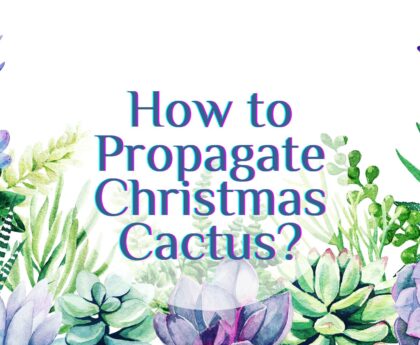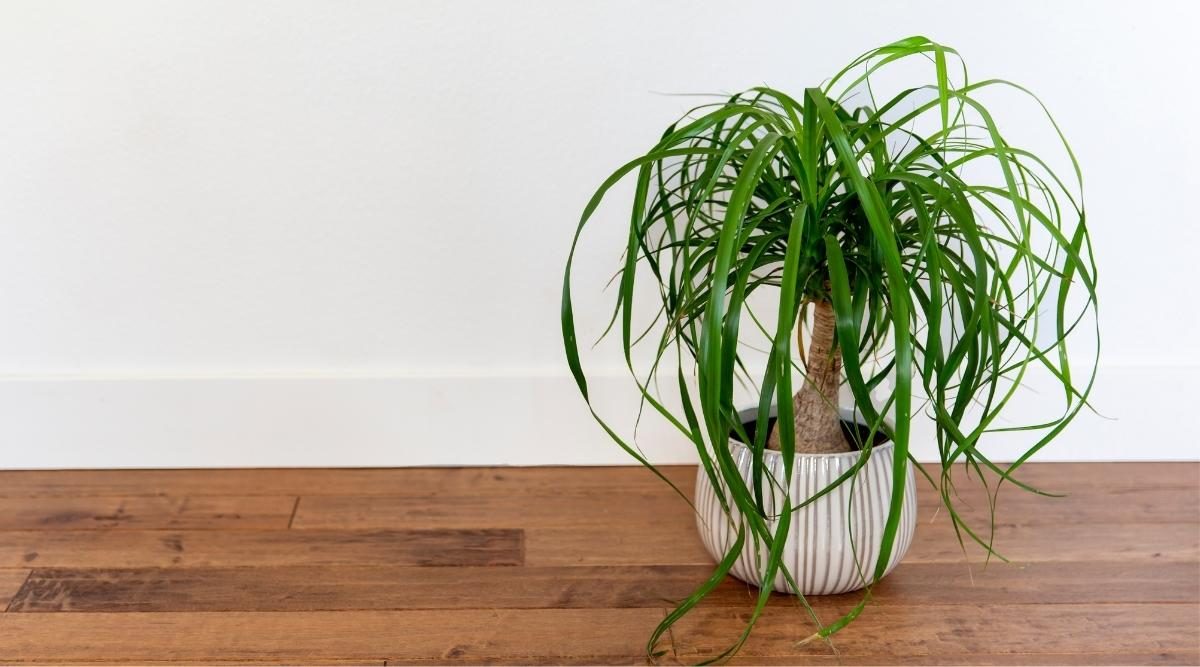If you have a cat and enjoy houseplants, you recognize that some of our tom cat companions can also get involved with indoor flora. They like nibbling on leaves, resting in the mud, and even using plants as litter containers on occasion. Yes, cats can eat spider plants. The American Society for the prevention of cruelty to animals considers it non-toxic. However, the plant has psychedelic elements that may purpose your feline to ride hallucinations.
What Is Spider Plant
The spider plant is a common houseplant. It grows from two to two-half of ft wide and from two to 3 toes long, in particular, if you area it in a striking basket. It has grassy leaves, which may additionally be one of the reasons many cats love it. It additionally contains compounds related to opium, which might also provide an explanation for why so many cats simply cannot leave it alone. The leaves may also come in green, striped with yellow or white. Place your spider plant in bright, indirect mild and water it when the soil has dried out. When grown outdoors, it does first-class in united states department of agriculture hardiness zones 9 through 15.
Why Do Cats Love Spider Plants
A cat may like the taste of one plant, but ignore others. Maybe your cat enjoys the feeling of euphoria that some plants like catnip( Nepeta cataria) and the spider plant provide. He may have a worried stomach, and eating some plant tissue helps him heave, relieving the discomfort. Or he may just be playing with your houseplants for the sheer fun of it rending the leafage with his teeth, remonstrating the soil out of the pots, and knocking the whole thing off its shelf with an atrocious crash.
Are Spider Plants Poisonous To Cats
You’ve presumably heard of spider plants’ contended psychedelic goods. According to some reports, it has been discovered that this plant does allow kitties to have a minor psychedelic effect. These goods, still, are believed to be safe.
On the ASPCA( American Society for the prevention of cruelty to creatures) website, as well as numerous other educational spots, the spider plant is classified as non-toxic to cats and other faves. Nevertheless, it’s still recommended that cats not consume spider plant leaves since they may represent a threat.
Chemical substances set up in spider plants are allowed to be linked to opium. Indeed though these chemicals aren’t toxic, they can beget stomach discomfort, puking, and diarrhea. As a result, despite the minor goods of spider plant toxin, it’s suggested that you keep cats down from the plants.
All cats, like people, are unique, and what affects one cat relatively may have a veritably different effect on another. Indeed though spider plants are inoffensive for cats, as preliminarily said, they may beget your kitty to trip.

What Happens If Cat Eats Spider Plant
Spider plants are non-toxic to both puppies and cats, according to the ASPCA. The spider plant, on the different hand, attracts cats in part due to its average psychedelic properties.
Because cats are greater inclined to play with the plant, they are greater probably to eat it and have belly distress, vomiting, or diarrhea as a result. We advocate you avoid maintaining spider plants.
No, they won’t damage your feline, however, spider plant life is comparable to catnip in that they release compounds that purpose cats to emerge as enamored with them. Catnip isn’t detrimental to cats, but the spider plant should be.
Spider plant has some psychedelic rates. Still, keep in mind that they’re relatively mild and will just beget some crazy or jumpy behavior in your cat. Indeed though these plants aren’t dangerous, if your cat eats too important of them, it may end up in peril.
This is why, if at all possible, you should keep your cat down from these plants. Your cat may have stomach pains, puking, and diarrhea as a result of the opium-related chemicals.
Still, you’ll notice this, if you peep in the waste box and observe watery or loose feces. It’s also possible that your cat is fraudulent over and in pain.
Before you head to the warhorse, check to see whether the spider plant has been nibbled on. It’ll help your veterinarian in diagnosing your kitty’s issues more snappily.
How Do I Get My Cat To Stop Eating My Spider Plant
Keep Them In Hanging Baskets
Keep your spider flowers in placing baskets. If possible, attempt to hold your plant life in areas where your cat can’t reach them. This mainly applies to spider plants, which seem to be beautiful when grown in placing planters anyway.
Spray With Repellent
Remember that cats are top-notch climbers and jumpers, so make sure there’s no furniture that your cat can use to parkour its way to your spider plants.
Keep Them In A Separate Room
Keep your spider plants in a separate room. Keeping your houseplants in places where your nimble friend can’t get into is always a good way to keep the peace. For illustration, numerous people keep houseplants in bathrooms to take advantage of the moisture.
Just keep the door unrestricted, and your cat and houseplants will be safe.
Grow Plants For Your Cat
Consider growing plants specifically for your cat. While numerous houseplants are toxic to cats, there are also nimble-friendly options just for them!
There are plenitude of cat lawn and catnip plants on the request for your cat to bite at its rest and luckily, they’re veritably easy to grow from seed at home. Keeping these desirable plants around will help keep your cat from hunting down your cherished spider plants rather.
Keep Your Cat Entertained
Make certain your cat has a lot of enrichment. One of the motives why your cat may additionally terrorize your favorite houseplant is that it’s bored! Try to make enjoying with your cat part of your daily activities to work out its energy. A cat that’s all tuckered out is a lot much less in all likelihood to go out of its way for entertainment, which potentially much less knocked over flora and tears for you.
Prune The Plants
If your spider plants’ foliage has grown to the factor that the spiderettes are inside the cat’s reach, you can also need to trim them return or divide them.
Finally, if your cats experience the urge to graze on some greens, reflect on the consideration of growing some indoor grass for their very own amusement.









